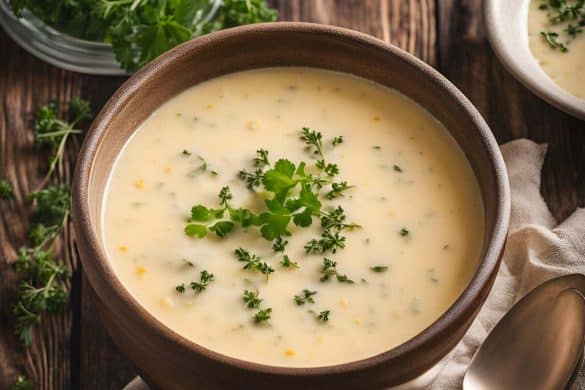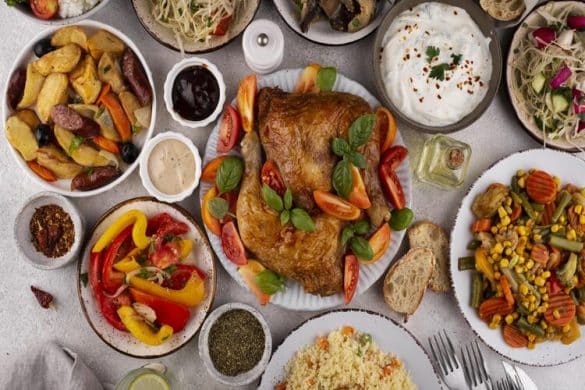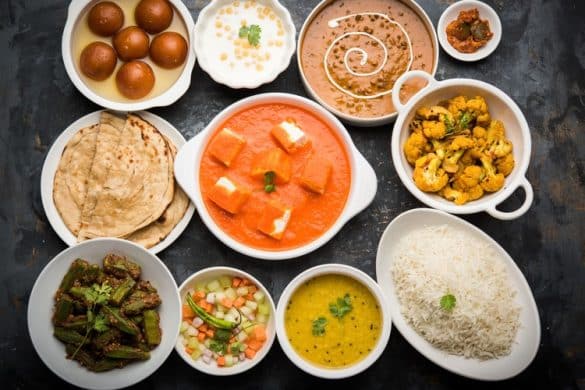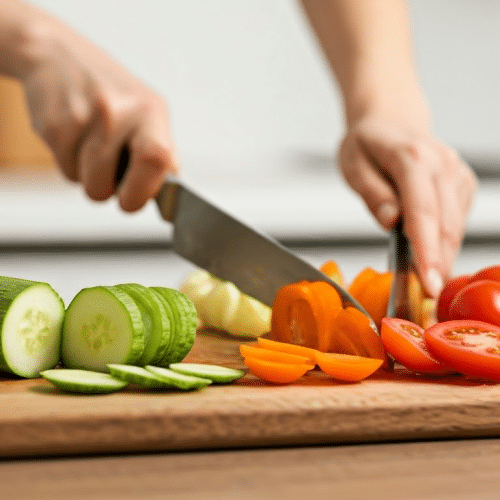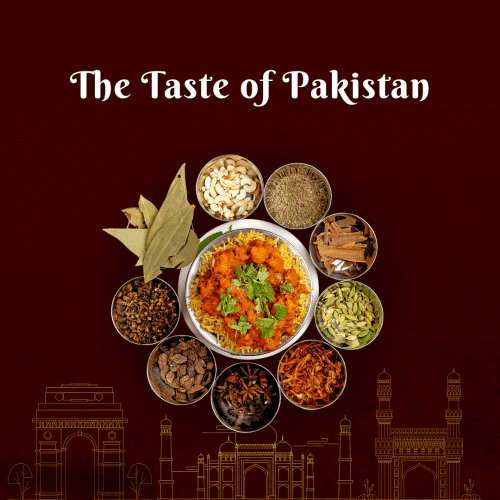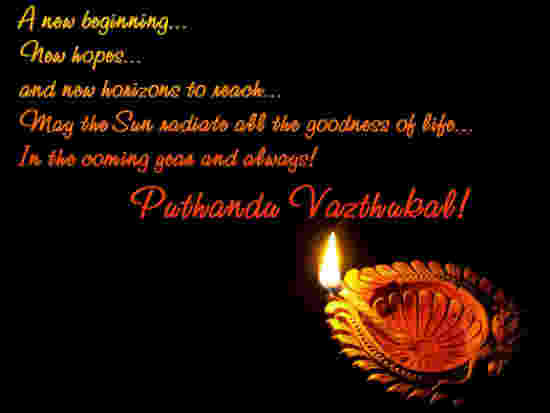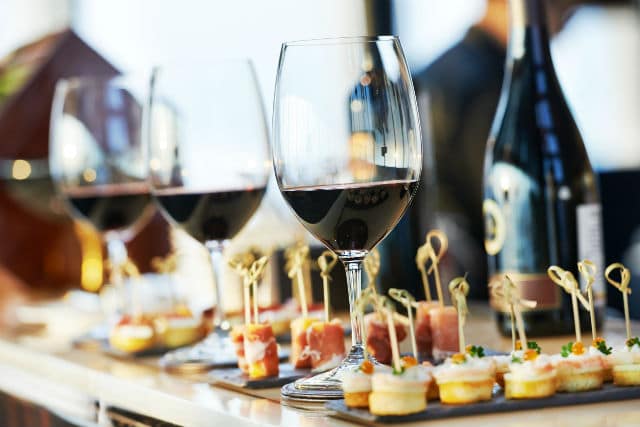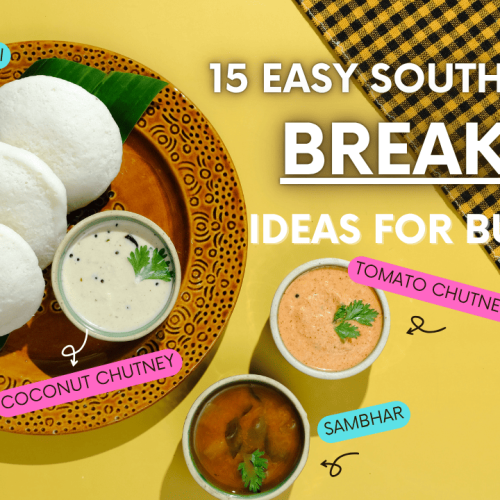Pongal is a significant harvest festival celebrated in South India, particularly in Tamil Nadu. It is a four-day festival that marks the beginning of the Tamil month of Thai, which usually falls between January 13th and 16th.
Pongal is a time of great joy and celebration, where people come together to express their gratitude for the bountiful harvest and seek blessings for the upcoming year. The festival is deeply rooted in the agricultural traditions of South India, and it is celebrated with great enthusiasm and zeal.
Pongal is not just a religious festival but also a cultural event that brings people together, irrespective of their caste, creed, or religion. The festival is marked by various customs and rituals, including preparing traditional dishes, decorating homes with colourful rangolis, and exchanging gifts and greetings.
In this article, we will explore the various aspects of Pongal, including its history, traditions, and significance, and discover why it is considered South India’s biggest festival.
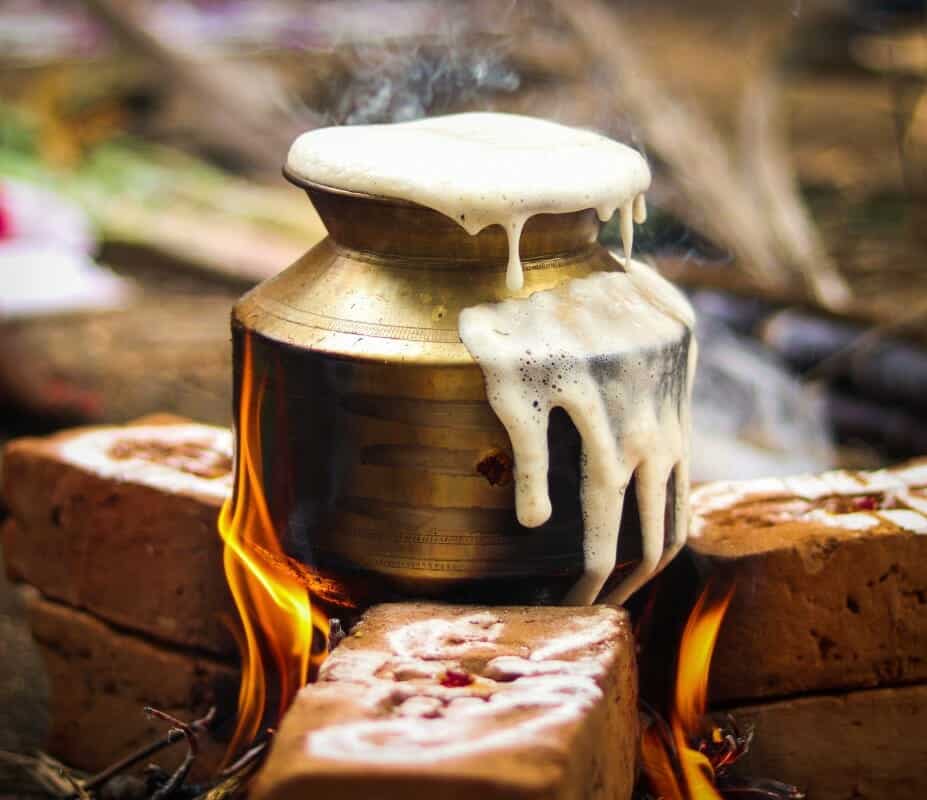
Pongal Festival
Four Days of Festivities
The Pongal festival lasts for four days and includes activities such as burning old clothes on Bogi, making delicious dishes on the main Pongal day, thanking cows and other farm animals on Maattu Pongal, and visiting relatives and friends while chewing sugarcane on Kaanum Pongal.
The festival holds great cultural significance and is celebrated enthusiastically by Tamilians worldwide. Apart from the traditional festivities, Pongal also features various dance performances, showcasing the rich heritage of South India.
The festival is a time for people to unite and celebrate their community, culture, and traditions. With its vibrant colours, mouth-watering cuisine, and lively atmosphere, Pongal is an event that everyone looks forward to every year.
Traditional Activities and Food
Traditional activities during the four-day harvest festival in Tamil Nadu include:
- Burning old items on the first day.
- Preparing various delicious dishes on the second day.
- Thanking cows and other farm animals on the third day.
- Visiting relatives and friends on the final day.
On the second day, also known as the primary Pongal day, people prepare a variety of sweet delicacies, including Sakkarai Pongal, a sweet rice pudding, and Vadai, a deep-fried savoury snack.
Families and friends gather to cook and share meals, with some households even holding competitions to see who can make the tastiest dish.
Another traditional activity during Pongal is the creation of Rangoli designs. These intricate designs are typically made using rice flour and colourful powders. They are placed at the entrance of homes to welcome visitors.
The designs can range from simple geometric shapes to more complex patterns, and each one is unique to the household that creates it. Creating Rangoli designs is a way to bring good luck and prosperity to the home during the festival.
Overall, traditional activities and food play a significant role in the celebration of Pongal, adding to the festive atmosphere and bringing families and friends together.
Entertainment and Shopping Deals
During the four-day Pongal festival, entertainment options are abundant. Music and dance performances are organized in every nook and corner of the streets, with people grooving to the beats of traditional drums and other instruments. Performances by local artists and troupes of dancers are also held in various venues, adding to the festive vibe of the occasion.
Additionally, major TV channels air special programs, including movies, comedy shows, and game shows, to keep the public entertained.
Apart from entertainment, Pongal is also a time for shopping. Various shopping outlets and malls offer sales and discounts on multiple products, from clothing and accessories to electronics and appliances. Shoppers can indulge in some retail therapy and make the most of the deals on offer.
This aspect of Pongal is particularly attractive to youngsters and adults alike, who look forward to the shopping extravaganza. Overall, Pongal’s entertainment and shopping options make it a festival that people of all ages eagerly await.
Frequently Asked Questions
What is the significance of burning old clothes and other items on the first day of Pongal?
The burning ritual on the first day of Pongal, known as Bogi, holds cultural significance. People burn old clothes and other items to symbolize new beginnings, purification, and the removal of negativity.
Is there any specific reason cows and other farm animals are thanked on the third day of Pongal?
On the third day of Pongal, known as Maattu Pongal, cows and other farm animals are thanked for their contribution to the harvest. This day is also a time for farm blessings and appreciation for agricultural livelihood.
Are there any traditional games that are played during the festival?
Traditional games, also known as Pongal sports, are integral to the Pongal festival. These games include bull-taming, cock-fighting, and kite-flying. They are played enthusiastically and enjoyed by people of all ages.
What types of discounts and giveaways are offered by major shopping outlets and malls during Pongal?
Major shopping outlets and malls offer discounts and promotions during Pongal. Festive food and recipe giveaways are also common. These incentives are designed to attract customers and enhance the festive spirit.
Are there any specific customs or traditions Tamilians follow during Kaanum Pongal when visiting relatives and friends?
During Kaanum Pongal, Tamilians visit relatives and friends. They chew sugarcane and offer prayers to their ancestors. Festive food specialities include sweet pongal, vadai, and sambar. Customs include exchanging gifts and wearing new clothes.

